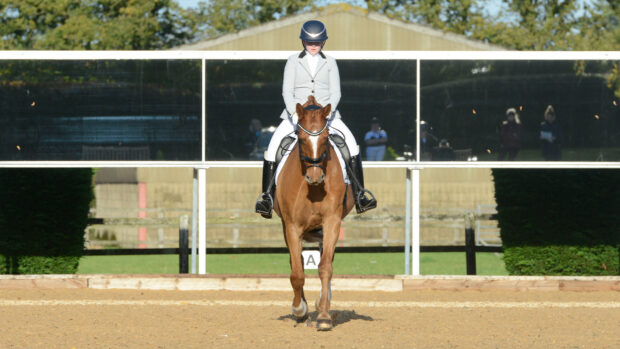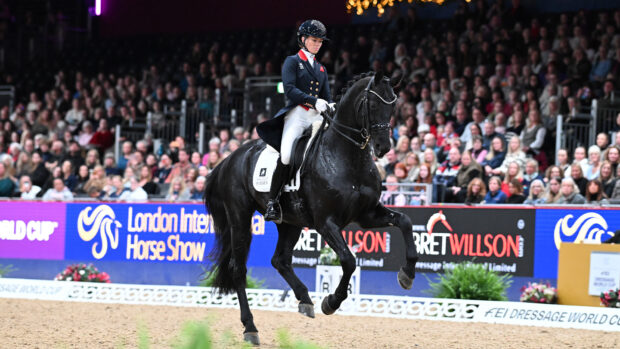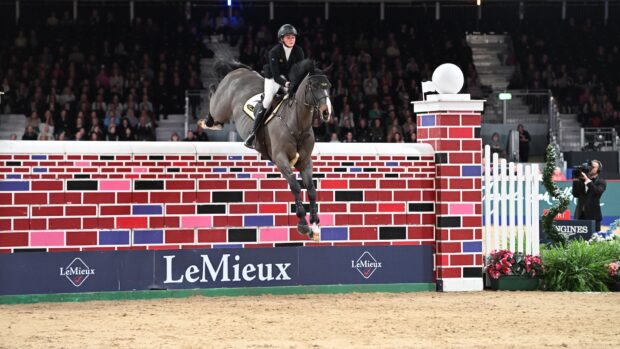THE more horse “experts” declaim their wisdom on social media, the less they actually know, new research has found.
A comprehensive peer-reviewed study into the psychological workings of equestrians’ online behaviour, published in journal Knowledge this month, found that those quickest to judge and most likely to slate other riders or owners for their supposed failings were those who had the least equine experience and knowledge.
Lead researcher John Phool, of the British Institute of Psychology, told H&H he had been inspired to look into the subject by his daughter April’s experiences on social media.
“April, who’s been riding since she was tiny and now events to a decent level, used to get very frustrated by the number of horse ‘experts’ she saw commenting on social media,” he said.
“She showed me some of the comments and I could see the way people would make snap judgements and derogatory comments about others’ riding and experience based on a few seconds of video, or sometimes not even that — and a lot of them were making claims and suggesting solutions that seemed unlikely to be accurate.”
Dr Phool studied 1,200 riders and horse owners, selected initially from an online questionnaire. After assessments of their knowledge and experience, and selecting those at a wide range of levels, he and his team then followed them on social media to find out what comments they were making.
They found that those who knew the least were far more likely to be strongly critical of others, in relation to their riding, management or horse care.
Phrases commonly used included “I’ve had horses all my life” and instant diagnoses of veterinary issues, and suggestions of treatment, based often on a single blurred photograph.
Continues below…

Riders think they know more than they do, research shows
‘This over-confidence can have serious consequences on the welfare of horses, and could affect the mental health of riders’

Facebook ‘experts’ and keyboard warriors: H&H responds
Stop everything. The Facebook horse experts have spoken...

Subscribe to Horse & Hound magazine today – and enjoy unlimited website access all year round
Fellow researcher and amateur showjumper Mike Nowall told H&H he often found it hard not to get involved in the social media debates he was following.
“When things got really heated, I wanted to throw in comments like ‘turmeric’ or ‘bitless’ but that would have just made things explode,” he said. “I had to resist the temptation, but it was very difficult at times.”
Social media expert and horse owner Kaye Borde-Warriah told H&H she found the results of the study helpful personally.
“As a novice owner, I was always baffled by the way people could diagnose ulcers or kissing spines from a post about looking for recommendations on types of bedding materials,” she said.
“Now I know better and will take no notice.”
Horse & Hound magazine, out every Thursday, is packed with all the latest news and reports, as well as interviews, specials, nostalgia, vet and training advice. Find how you can enjoy the magazine delivered to your door every week, plus options to upgrade to access our H&H Plus online service which brings you breaking news as it happens as well as other benefits.




